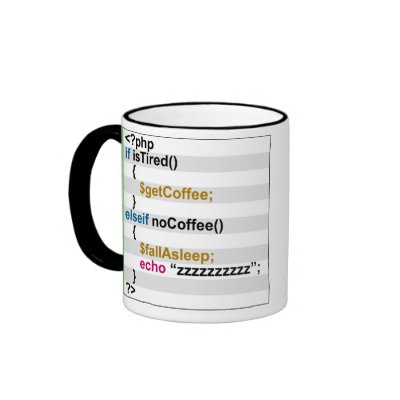To expand on my comment.
You can validate on the command line using
Here's an example of the output when run on a file containing:
A simple page that allows you to upload a php file. It takes the uploaded file runs it through
Note: this is not a security risk it does not execute the file, just checks for syntax errors.
Here's a really basic example of creating your own:
You can validate on the command line using
php -l [filename], which does a syntax check only (lint). This will depend on your php.ini error settings, so you can edit you php.ini or set the error_reporting in the script.Here's an example of the output when run on a file containing:
<?php
echo no quotes or semicolonPHP Parse error: syntax error, unexpected T_STRING, expecting ',' or ';' in badfile.php on line 2
Parse error: syntax error, unexpected T_STRING, expecting ',' or ';' in badfile.php on line 2
Errors parsing badfile.phpA simple page that allows you to upload a php file. It takes the uploaded file runs it through
php -l and echos the output.Note: this is not a security risk it does not execute the file, just checks for syntax errors.
Here's a really basic example of creating your own:
<?php
if (isset($_FILES['file'])) {
echo '<pre>';
passthru('php -l '.$_FILES['file']['tmp_name']);
echo '</pre>';
}
?>
<form action="" method="post" enctype="multipart/form-data">
<input type="file" name="file"/>
<input type="submit"/>
</form>
Tidak ada komentar:
Posting Komentar